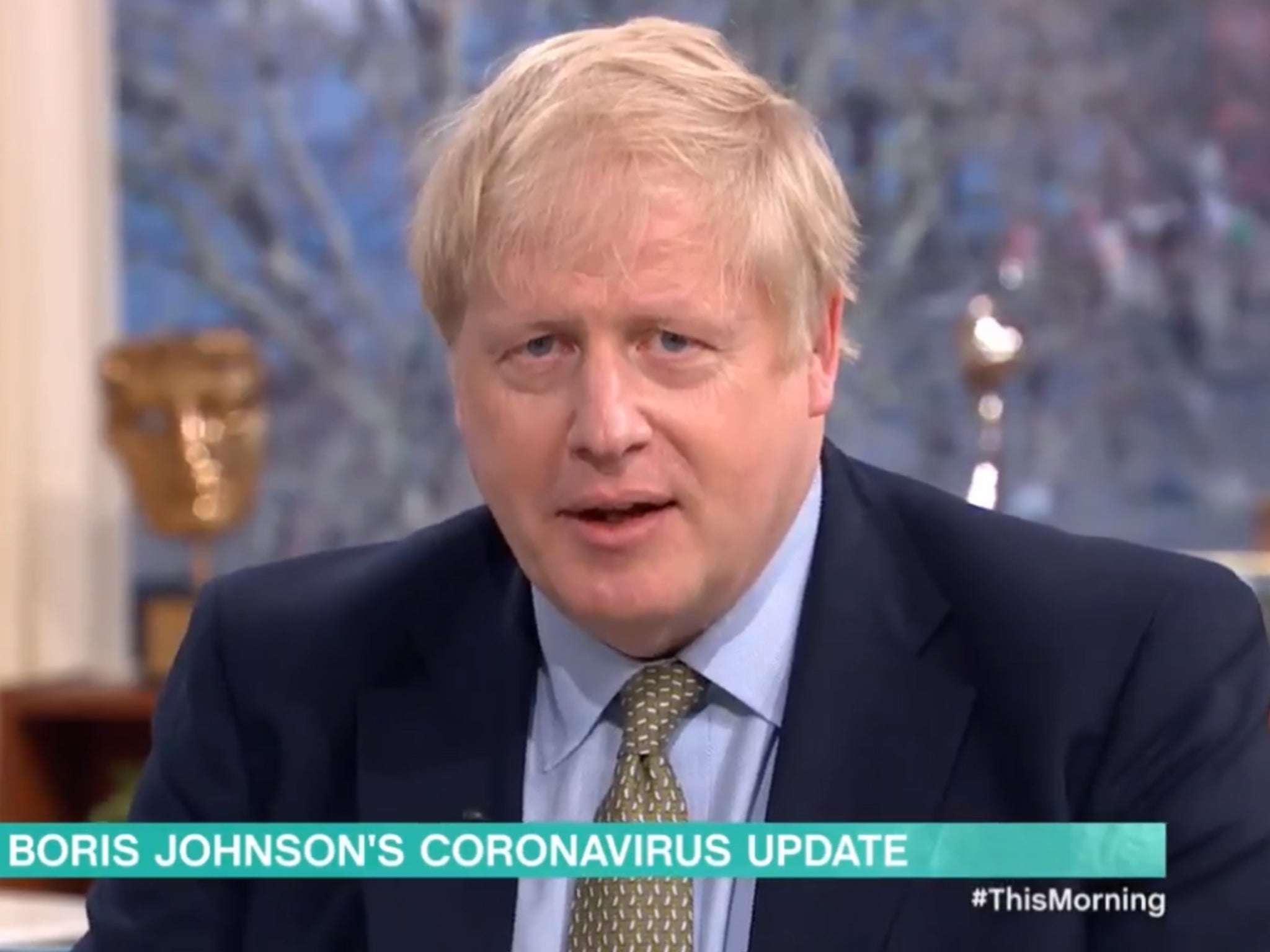It doesn't matter how much the government tells us about coronavirus – people will panic regardless
The public’s understanding of statistics is notoriously poor, so I’m not sure what use the crude data is anyhow


The whole coronavirus phenomenon is getting a bit science fiction, don’t you think? The heath department now says it will only report new cases once a week and on a national, not local level, there’s a sense that the state is hiding something. Far from sating the public’s appetite for information, people demand more and more numbers, preferably luridly presented in maps of the coronavirus outbreak, the better to judge if it is “in my area”, and therefore whether to keep the kids at home or whatever.
There is panic in the air, and frankly, it doesn’t matter whether the data is pumped out hourly or monthly – people will always find something to freak out. And Britain’s default setting is paranoia.
The public’s understanding of statistics is notoriously poor, worse even than its understanding of public health. Given this, I’m not sure what use the crude data is, anyhow. I cannot see why we have any right to have access to a dataset that is necessarily f incomplete, which we cannot understand and are inclined to disbelieve. Look at a “coronavirus map”, and you’ll see there has been (at the time of writing) one case in Northamptonshire, one on Northern Ireland, but five in London. So what? It didn’t originate on any of these places, nor is it going to stay there. Which then is “safer”? By the time you’ve seen the map, the answer will have changed.
What do you do with this information, in any case? Stay off work as soon as a case is recorded in your county? Take your kids out of school? If the total number of UK cases jumps by 60 per cent in a few days, as it did recently, does that mean it will carry on at that rate? And when the 60 percent is from 53 people to 85, out of a population of 66 million..?
The same goes for the mortality rate. This was revised up from around 2 per cent to 3.6 per cent. But again – what am I supposed do with this figure? Unless you intend to live in a hermetically-sealed unit or wear a hazmat suit 24/7, life goes on.
Despite our understandable hunger for news, these numbers really aren’t that helpful. You’d be as well off ignoring them and working on the assumption that the virus is out there, you might well catch it and it mostly won’t be worse than the flu, unless you’re older or with a pre-existing condition.
All you can do is wash your hands (you know the drill), throw tissues away and keep an eye on people you know who are more vulnerable – the elderly, especially. The reasonable worst-case scenario is that 80 per cent of us may get it and 20 per cent would be off work, though you probably won’t need to be in hospital. Some will sadly die from it, just as people do from the regular flu. But it is not the Black Death.
Coronavirus feels unreal. It is as if we’re living through an even lower-budget 28 Days Later or Invasion of the Body Snatchers. An alien force enters our lives and we’re powerless to stop it. We can’t see it, but we sense its malign presence. Someone on the bus sneezes and everyone turns round. Someone at work sniffles and is eyed suspiciously by colleagues, much as the Puritans might have a suspected witch. We look at our family, neighbours, workmates, wondering if they have this lurgy. Some people wear surgical masks, others go the whole hog with gas masks. A Singaporean student was reportedly beaten up in London, and Chinatown has become a ghost town. People are, shall we say, not using the data properly.
Chances are that by autumn, things will be calmer. The warmer weather will help us live through an attack, scientists may have found a vaccine for the virus, which will have done its worst. Then we can move on to the next mass panic, albeit a less deadly one: no-deal Brexit.
Join our commenting forum
Join thought-provoking conversations, follow other Independent readers and see their replies
Comments